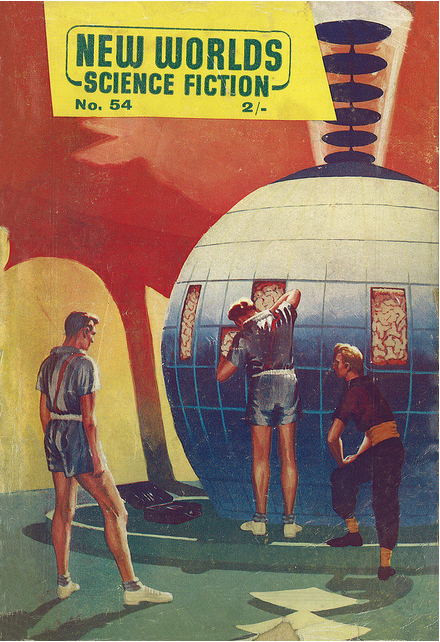Do you need online teaching ideas and materials? Dialogica was supposed to be a text book, but instead we are adapting it for use in online learning and self-study. It is shared here under a CC BY 4.0 license so you can adapt as needed.
Stéfan Sinclair and I have put up a web site with tutorial materials for learning Voyant. See Dialogi.ca: Thinking-Through Voyant!.
Dialogica (http://dialogi.ca) plays with the idea of learning through a dialogue. A dialogue with the text; a dialogue mediated by the tool; and a dialogue with instructors like us.
Dialogica is made up of a set of tutorials that students should be able to alone or with minimal support. These are Word documents that you (instructors) can edit to suit your teaching and we are adding to them. We have added a gloss of teaching notes. Later we plan to add Spyral notebooks that go into greater detail on technical subjects, including how to program in Spyral.
Dialogica is made available with a CC BY 4.0 license so you can do what you want with it as long as you give us some sort of credit.



